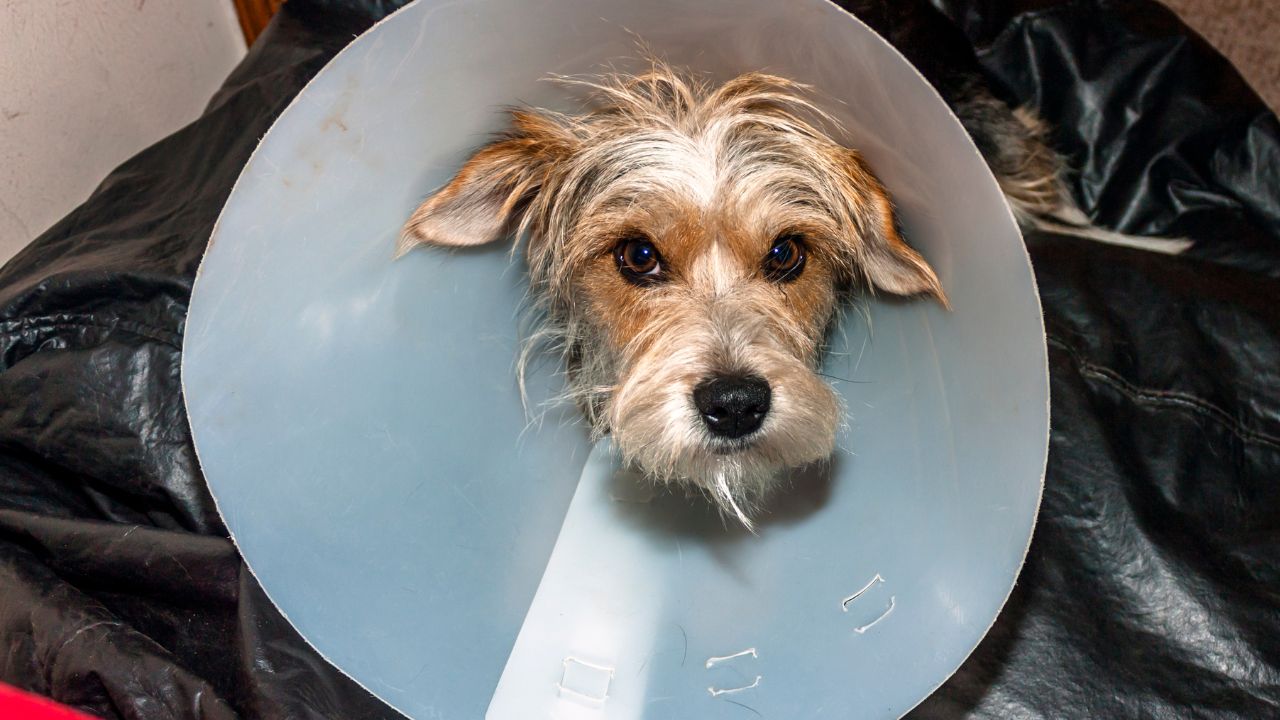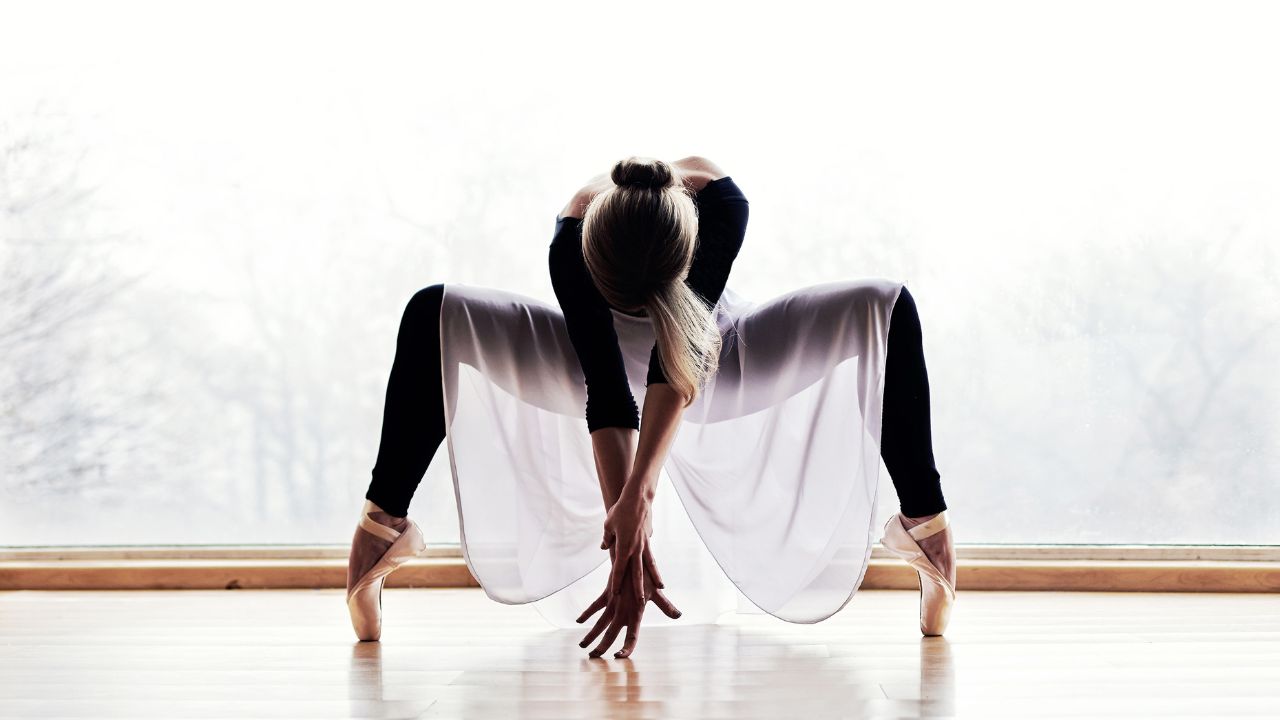The Legacy of Shame
How It Limits Potential and Confidence is something I have pondered deeply.
What do I mean by shame being the limiting force? And when was the first time I can pinpoint experiencing shame?
These are two questions I have explored more thoroughly since becoming a mother and business owner. As someone who empowers clients to build confidence, I often see shame reflected throughout their lives, shaping their decisions and holding them back. It is a silent force that chips away at self-worth and creativity, keeping us from pursuing our full potential.
Shame is pervasive. It can come from parents, often unintentionally. A parent’s words, even when not meant to harm, can leave deep marks. Shame can be wielded as a weapon, pressuring you into actions you’d rather avoid. Your children might shame you, perhaps by saying you’re embarrassing them, and if your resilience is low, this can hurt profoundly. Teachers, friends, and even your own inner voice can contribute to this burden. Most significantly, we can shame ourselves with limiting beliefs, convincing ourselves that we aren’t good enough.
Shame is a complex emotion. It stifles creativity, silences your voice, and feeds the idea that you cannot do something. It whispers lies that paralyze and isolate us, making us doubt our ability to rise above challenges.
”We are not born with shame; it is constructed from our experience.”
~ Philippa Smethurst
The truth is, I tried to leave many times. But shame kept pulling me back. The shame of admitting the situation, of making a scene, of stepping outside societal expectations – all of it weighed me down. My relationship with shame began long before that marriage, though. It started in childhood.
Early Encounters with Shame
As a child, I was born with a speech defect and struggled to be understood. This led to frustration and tantrums that my mother found overwhelming. She often called the health visitor for advice, and as a toddler, I overheard these conversations. Even without understanding everything, I absorbed the tone and sentiment.
The human brain, even at that young age, soaks up experiences like a sponge. What I heard informed my fight, flight, and freeze response which I later understood as I embarked on my own journey of asking for help, it started with forgiving myself and others.
Neither my mother nor the health visitor intended to instil shame in me. They were doing their best with the tools they had. My mother, overwhelmed by my struggles, sought support where she could. While her efforts might have unintentionally shaped my early feelings of shame, I now appreciate the resilience she modelled by seeking help rather than trying to face challenges alone.

Later, as an 8-year-old working in TV and film, I experienced another layer of shame. Modelling for a children’s clothing brand, I once arrived to find the underwear I was supposed to wear was too small. Rather than acknowledging the mistake, the adults around me commented, “She’s too big for these.” At 9 years old, I thought I was fat. Those words carried weight. Thankfully, my mother ensured I maintained healthy eating habits, but the seeds of body image issues were planted.
As a teenager in dance college, the pressures only increased. Teachers shamed classmates for their weight, and the constant awareness of “fat notes” – written criticisms about body size – lingered. Was my modelling experience to blame? Was it the environment in dance school? Perhaps it was all of it combined. Shame is rarely a single moment; it’s an accumulation of small wounds.
Shame in Education
My childhood home was a council house. As a child, I thought everyone rented and lived in one. It wasn’t until I attended private school that I understood there were differences. At Shawley Way Primary School, everyone seemed equal. Yes, some had bigger houses, but I was blissfully unaware of class distinctions.
Later, I earned a scholarship to Arts Educational, which opened up a world of opportunities but also brought new challenges. At my old school, I was teased for being “posh” after moving to a private school. At the private school, I was labelled “poor” because I didn’t have the right clothes or designer labels.
While at Shawley Way, I attended a remedial class twice a week for children who needed extra support with learning. Although the intention was to help, it left me feeling labelled as “thick.” That sense of shame lingered with me until I earned my scholarship.
Yet, the triumph was short-lived. My feelings of being “thick” were replaced by a displaced shame—a constant question of where I truly belonged. This struggle with inadequacy followed me, and I never fully felt like I fitted in. Shame remained a persistent voice in my head, whispering that I didn’t belong anywhere.
The First Marriage
This relationship with shame is why I stayed silent about my first marriage for so long. It’s why I accepted the unacceptable. My first marriage was filled with toxicity, manipulation, and eventually violence. On the third night of our honeymoon, my husband locked me in the bathroom. I woke up with bruises and aches but convinced myself it was my fault. Shame whispered that I had done something wrong, that I was to blame.
When his ex-wife reached out, warning me of his behaviour, shame stopped me from listening. Pride and confusion took over, and I believed it was my fault. I told her, “I’m the problem, not him.” Her response, which I’ll never forget, was, “I said the same thing.”
”A real man loves and respects his partner for who they are, not for whom he wants them to be.” ’
~ Jodi Picoult
Finding Love Again
My second marriage is everything the first wasn’t: supportive, respectful, and full of love. My husband is my rock, a man who meets me with kindness, patience, and unwavering support.
Together, we’ve built a relationship grounded in mutual respect and understanding. He sees me for who I truly am and encourages me to continue growing, healing, and pursuing my dreams.
Dennis’s love is a gift that constantly reminds me of how far I’ve come and how much I’ve overcome. The life we share is a testament to the strength it takes to leave behind shame and embrace the possibility of joy.
The Power of Speaking Out
Shame thrives in silence. It’s a heavy burden that convinces you to stay quiet, to shrink, and to hide. But speaking out diminishes its power. Sharing my story has been a liberating step in reclaiming my voice, and I hope it inspires others to confront the shame holding them back.
If shame has been a limiting force in your life, know this: You are not alone. Breaking free starts with acknowledging its presence and seeking support. It’s not an easy road, but it’s one worth traveling. Your voice matters and shedding the weight of shame is the first step toward reclaiming your power.
Find Our More:Public Speaking Coaching
Click to subscribe to my YouTube Channel
